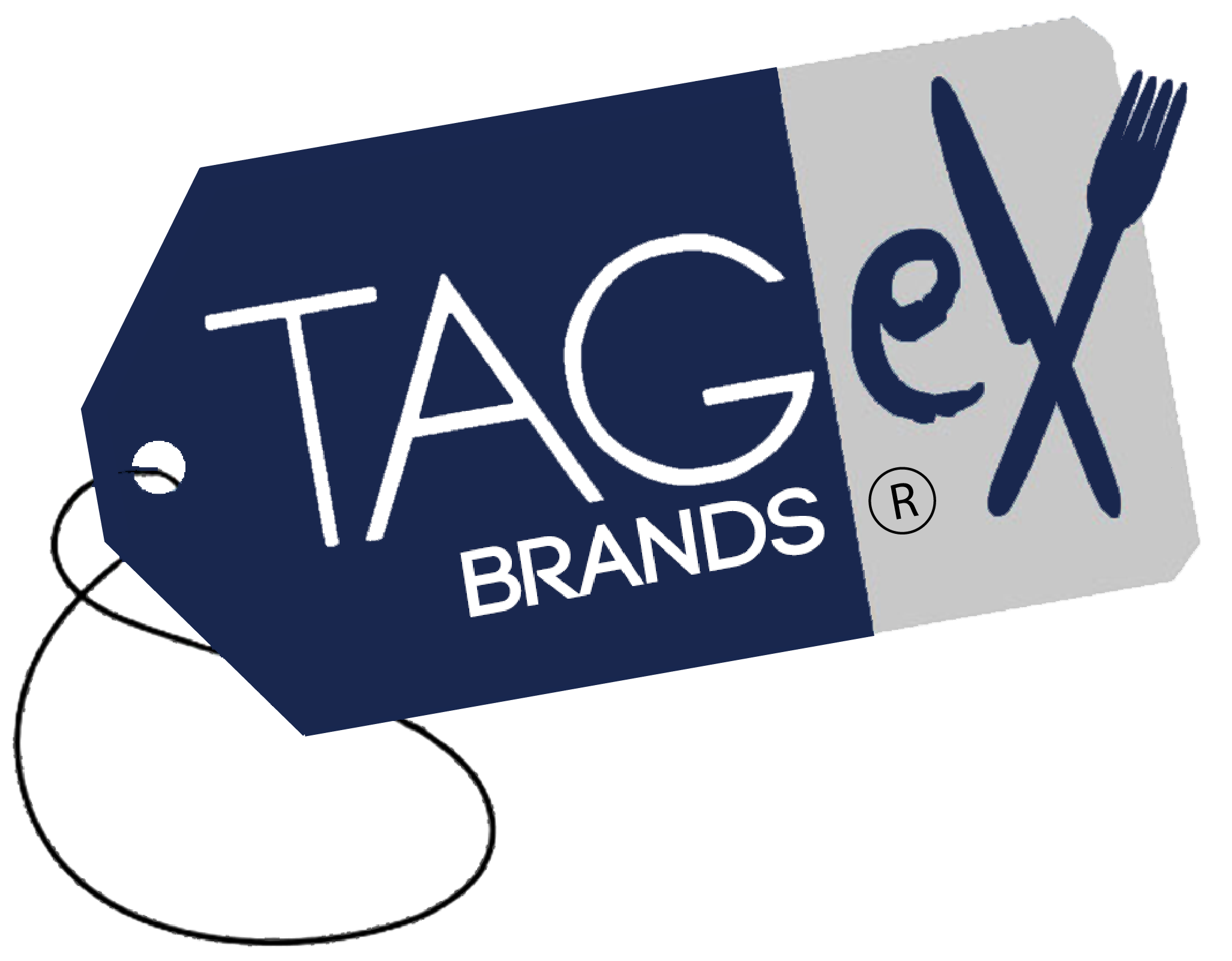
Retail closures in the U.S. continue to accelerate through the first quarter of 2019, far outpacing the same period in 2018, according to Coresight Research and its CEO Deborah Weinswig. She said U.S. retailers have announced 5,480 store closures through the first 13 weeks of 2019, compared with 5,727 closures reported for all of 2018.
The closure pace picked up steam in the first quarter of the year behind the 2,100 stores being shuttered by Topeka, Kan.-based Payless ShoeSource Inc. The discount shoe retailer announced in mid-February all stores will close this spring with liquidation starting immediately. The company filed for bankruptcy in 2017 and closed 673 stores. The company’s online store is also being shuttered. The Payless closures represent 38% of the total closures announced thus far in 2019.
Children’s apparel retailer Gymboree Group Inc. announced 749 store closures this year after filing bankruptcy in January. The closures include 540 Gymboree stores and 265 Crazy 8 stores. Like Payless, Gymboree also filed bankruptcy in 2017 and closed 375 of its stores at that time.
Women’s wear retailer Charlotte Russe announced in March it will close all of its remaining 500 stores including about a dozen of its Peek Kids stores. The retailer filed for bankruptcy protection in February and said the liquidation of sale inventory at stores would begin in March and end April 30.
The three retailers represent 61% of the total store closures on record this year. As more apparel and footwear sales move online, it’s harder for brick-and-mortar specialty stores to stay afloat. They are often located in shopping malls, which are seeing declining consumer traffic.
Karen Martin, retail analyst with BMO Capital Markets, recently said the U.S. has six times the retail square footage per capita of other large countries. She said more store closings are expected in areas that don’t perform up to par. She said retailers can’t afford to run non-performing stores and also invest in e-commerce capabilities. She said retailers that haven’t invested in e-commerce and omnichannel capabilities will likely be the ones to disappear first.
Ascena Retail Group Inc., which owns Ann Taylor, Loft, Dressbarn and Maurices, is slated to close about 400 stores this year. The company has been on death watch since 2017, according to analysts. In late March, the company said it plans to sell its majority stake in Maurices to private equity firm OpCapit for about $300 million. Earlier the year, Ascena announced it was putting Dressbarn on the market as it tries to streamline operations.
Family Dollar, owned by Dollar Tree, is expected to close 359 stores this year. The discount chain said these are underperforming stores. Those closings and renovations are all part of accelerated plans to improve Family Dollar’s performance, said President and CEO Gary Philbin.
“We are confident in our progress, and we have good momentum,” Philbin said.
The retailers announcing store closures range across the full retail spectrum. Specialty retailers make up a lion’s share (63%) of the closures announced so far in 2019. Apparel retailers comprise 19.2% of the total store closures announced through March. Department stores that have shed hundreds of stores in recent years appear to slow their pace at just 2% of the closures announced for 2019. Discount retailers and dollar stores comprise 7.6% of the closures announced in 2019.
Analysts believe there is still room to pare down brick-and-mortar stores for most retailers. They expect to see closure announcements continue at a slightly slower pace through the rest of 2019 compared to the first quarter.
